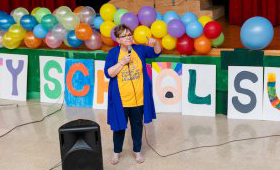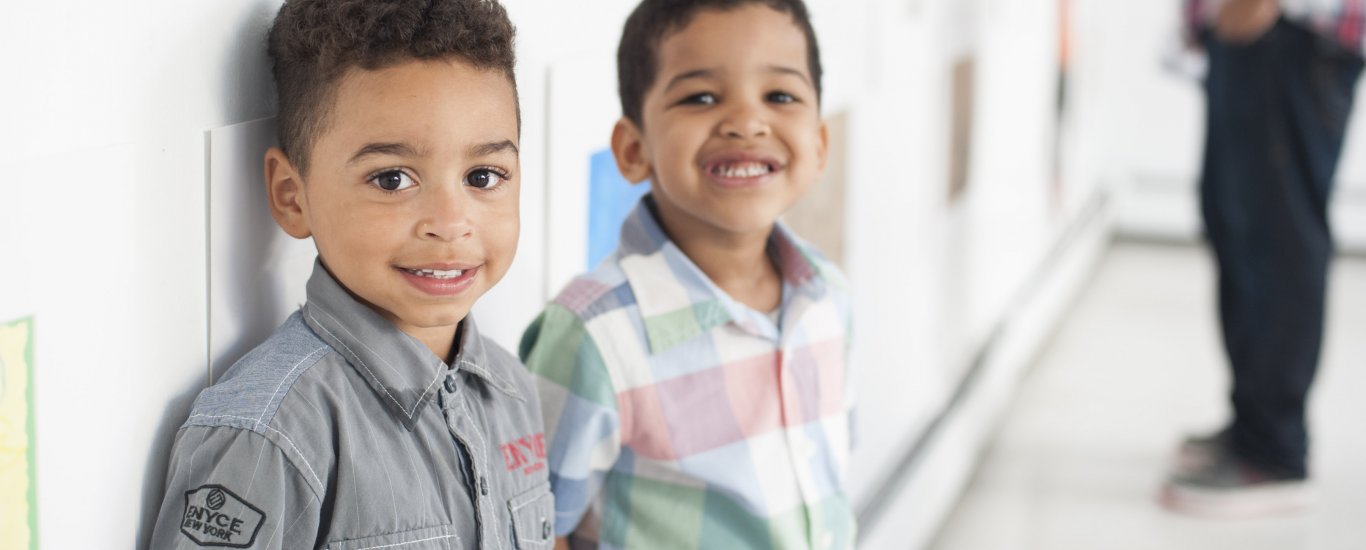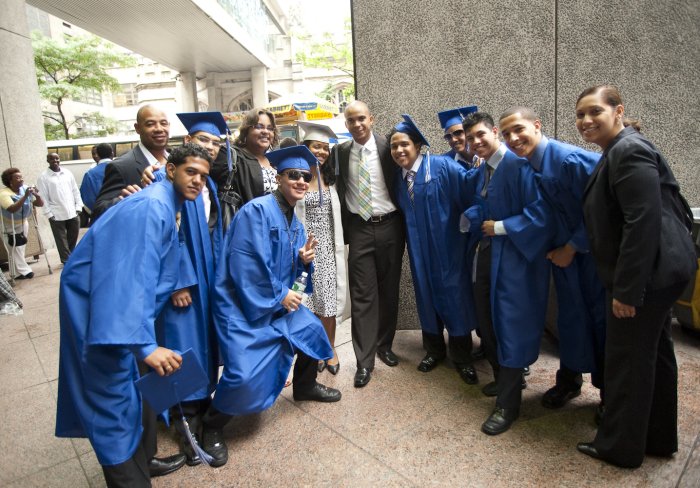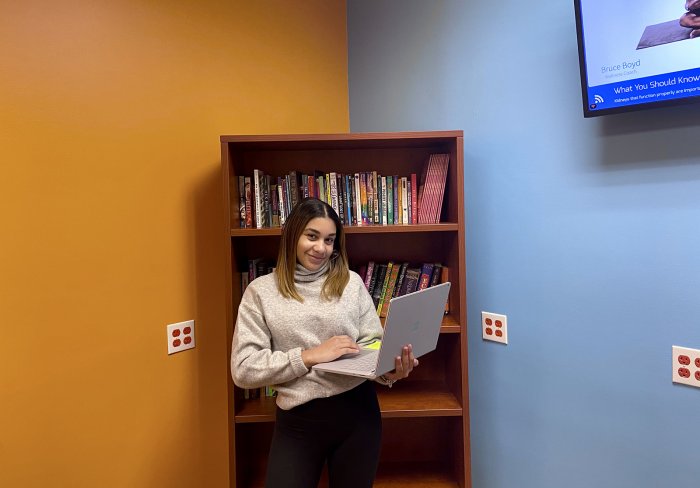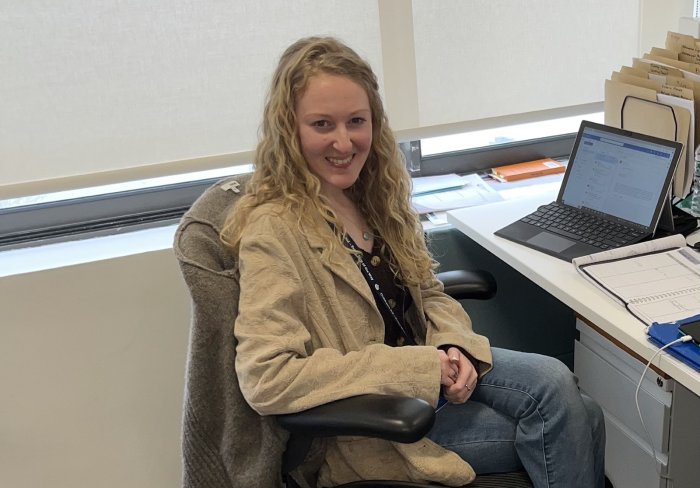When families fall into crisis, Children’s Aid is trusted to find kids safe, stable, and loving homes with people who care deeply and who can be an anchor for children in times of uncertainty.
Foster parents who commit to opening their home to kids in need are offering birth parents the time needed to stabilize their lives and build a strong, healthy home that will nourish the boundless potential of their children. It gives NYC’s next generation a chance to thrive and succeed.
Give children what they need to thrive
Foster parents fill an incredible role—they provide structure and support that children and youth need to thrive during a difficult time, restoring to them the ability to trust and hope again.
Children’s Aid strives to keep children and youth connected to their communities, schools, and friends whenever possible. A wide array of programs help support the educational, social-emotional, and recreational needs of the young people in foster care.
Our Home Finding staff goes to great lengths to provide prospective foster parents and their families with all the information they need before entering into this process.
Through training and numerous avenues of support, Children’s Aid works to establish a positive partnership with foster parents and birth families. This often speeds up the work necessary to properly reunite a family. And it ensures that the foster parents are positioned to succeed on behalf of the children in their care.
Foster parents take great pride in helping build strong families. Most rewarding is the relationship you develop with your foster child and the knowledge that you are helping a child learn, grow, and one day lead.
Are you interested in becoming a foster parent? If you are at least 21 years old, have a stable income, and can provide references, you may qualify. Children’s Aid is an LGTBQ-affirming agency seeking foster parents for children of all ages, races, religions, and sexual orientations. We especially need foster parents who can provide for sibling groups of three or more; teens; teen mothers with their children; and children with medical, physical, and/or emotional challenges.

